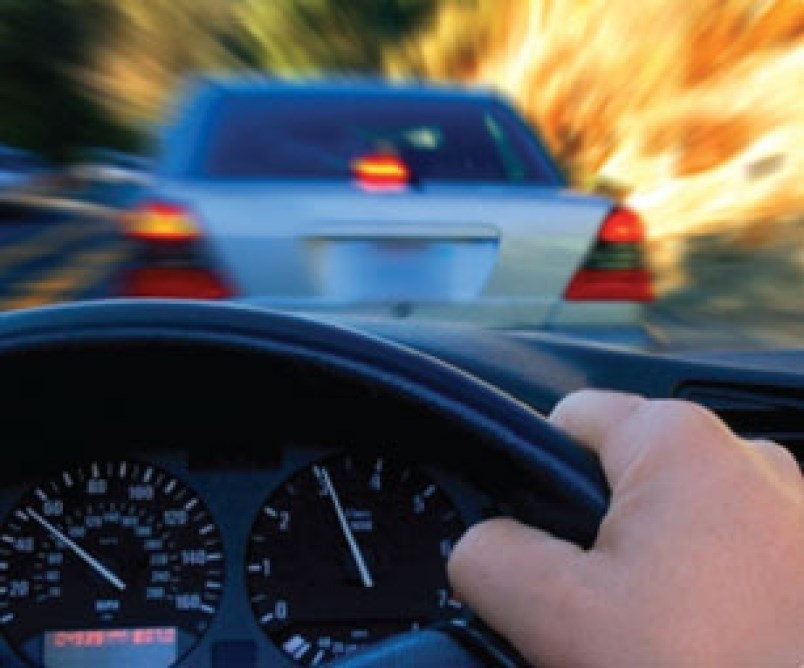Over the past decade, Saskatchewan has seen a decrease in the number of collisions that involve drinking or drugged drivers.
The number of incidents is only around a third of what it had been a decade ago, with 617 incidents taking place in 2019. There has been a downward trend of collsions since 2008 when the province saw 1,695 collisions that involved drivers under the influence of either drugs or alcohol.
Corporal Darcy Thiemann with the Esterhazy RCMP detachment says while their numbers stay fairly consistent from year to year, they have noticed a decrease in the number of young drivers taking to the streets while under the influence. He says that with the current state of bars and nightclubs being closed early, they have also noticed fewer drivers taking the risk as well.
“You get the fluctuation sometimes through the busier times of the year,” explained Corporal Mike Eady with the Westman RCMP Detachment. “But I haven’t noticed too much of a downward trend.”
Eady did note a change in their calls, however. With the ongoing COVID-19 pandemic, he noted a decrease in calls regarding impaired drivers, but an increase in other types of calls.
“It’s changed up a bit from what it’s been in the past. It’s roughly as busy but with different types of calls coming in. People have been cooped up for quite a bit so a lot of mental health-type calls and domestic diputes, that type of thing.”
“What we really want people to understand is when you are charged with impaired driving you really turn your life upside-down,” explained Tyler McMurchy of SGI. “There are license suspensions, vehicle impoundments, ignition interlock requirements, driver education, and you will face significant financial costs from not only what is determined by the court, but also from the Safe Driver Recognition Program.”
McMurchy explained that the consequences for drivers who have a blood alcohol content over .08.
Upon being charged, those drivers' vehicles can be impounded for 30 days.
Following the impoundment, the driver's licence can be suspended until all the charges are dealt with in court.
“You’ll also have your license suspended immediately as well. That suspension is indefinite. It will be suspended until the charges are dealt with in court or until you are eligible for the ignition interlock program,” McMurchy added.
“There is a really significant financial cost and there is the way it will just upend your life as a result of getting an impaired driving charge.”
The number of road fatalities is well below the 5-year average of fatalities due to drivers who were under the influence of drugs or alcohol. Numbers have been trending downwards since 2008..
“If somebody died because you were impaired, could you live with yourself?” McMurchy asked. “We don’t want anybody to ever face that question and have to find the answer to that.”
In 2019, 342 individuals were injured due to impaired drivers in Saskatchewan while 21 individuals lost their lives.



